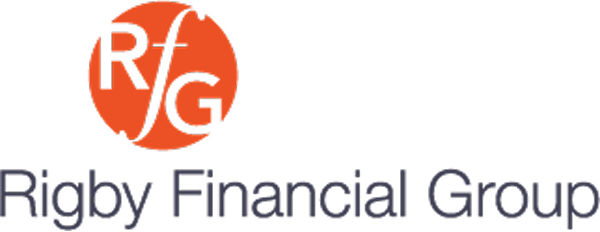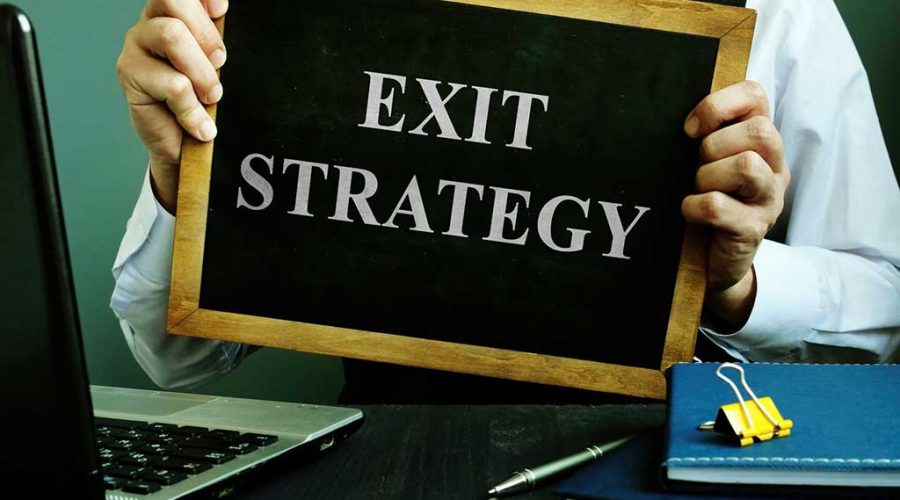Employee Stock Ownership Plans (ESOPs) have history dating all the way back to 1956―though they acquired the name under the 1974 Employee Retirement and Income Security Act (ERISA), making officially designated ESOPs effectively retirement plans―largely concentrated in such labor-driven industries as construction, trucking, food service, etc.
More recently, they have gained a firm foothold among the professional services industries, such as architecture, engineering, and more recently still, law firms and more.
While we understand business owners’ potential reluctance to relinquish or diminish their own stake in the business they’ve built, or at least run, over years and decades, for those entrepreneurs looking with consternation at limited succession possibilities (perhaps your children don’t have the right talents, or the interest in, your business, or maybe you don’t see any likely outside buyers for a sale) ESOPs can be a way of ensuring their business’ future, with immediate tax-favorability among the list of benefits of employee ownership.
Let’s address one important area of potential concern right up front: the ESOP and its member-participants do not need to become 100% owners in the firm. Partial employee ownership can qualify for an ESOP’s tax benefits and produce others as well.
Tax Benefits for the Company and Contributing Owners
 There are many potential tax benefits to be gained from instituting an ESOP; here are some highlights.
There are many potential tax benefits to be gained from instituting an ESOP; here are some highlights.
- If your company’s ESOP is structured properly, the corporation is not taxed on contributions of stock or cash to the plan, whether the cash is used by the ESOP to purchase stock immediately or to hold for future purchases of company shares.
- If the ESOP needs financing to purchase stock, payments of interest on the loan are tax deductible―and payments of principal are also deductible up to a yearly limit equal to 25% of annual payroll for ESOP-eligible employees.
- A C Corporation owner or owners contributing stock can receive tax deferrals under IRS Section 1042 on the stock’s capital gains of up to 100% of the stock’s value at the time it is contributed to the ESOP.
- For S Corporations, the percentage of the business owned by the ESOP is exempt from federal and state income taxes. If your ESOP holds 100% of the company’s stock, it is completely exempt from taxation on income.
Additional Business Benefits of ESOPs
 Favorable tax treatment is not the only business benefit that can be gained from an ESOP. And studies by numerous organizations illustrate that both your team and your business can benefit significantly via:
Favorable tax treatment is not the only business benefit that can be gained from an ESOP. And studies by numerous organizations illustrate that both your team and your business can benefit significantly via:
- Employees can buy-in―those team members who are or may become eligible for stockholder accounts under the ESOP’s eligibility rules have more than their next paycheck at stake. The future of what’s now your business becomes their Therefore, they have incentives to innovate, find cost saving strategies, and drive greater growth and profitability.
- Talent acquisition―in today’s tight labor market, with more and more firms competing for the best and brightest workers, ESOP companies report that potential part-ownership can be a significant plus for hiring the best people.
- Talent retention―a 2023 study by the National Center for Employee Ownership (NCEO) shows S Corporations with ESOPs reported a 2021 voluntary employee separation rate of 11.4%; which is roughly one-third of the U.S. national average. It’s worth noting that, of the 525 ESOP S Corporations surveyed, 85% had no ESOP participant accounts holding over 5% of company stock.
- Stability in troubled times―a 2022 NCEO study, and one done in 2020 under the joint auspices of Rutgers School of Management and Labor Relations and the Employee Ownership Foundation showed that, during the COVID years (2020-2021, though to many of us it may seem like yesterday), ESOP businesses experienced lower median involuntary separations rates than the national figure (2% versus 5%) as well as fewer voluntary ones (6% v 20%). Perhaps one is less likely to “fire” a fellow owner? These businesses also were more likely to have shown year-over-year growth from 2019 to 2020 (53% v 35%), and to have created additional jobs, rather than downsizing.
Tax & Other Benefits to Employee-Owners
 Your team and its members are likely to find ownership stakes empowering as well as affording tangible, measurable material benefits:
Your team and its members are likely to find ownership stakes empowering as well as affording tangible, measurable material benefits:
- Better compensation in general―ESOP companies show higher compensation rates compared with non-ESOP firms.
- Greater retirement security―while most ESOP S Corporations also offer 401(k) plans, this 2021 NCEO study showed that, under controls for industry, company size, and geographic region, the average participant ESOP account held $67,000 more than the average 401(k) account in the control group.
- ESOP S Corporations’ employer contributions represent 94% of initial contributions, as opposed to 401(k)s, where contributions are principally made via tax-deferred paycheck withholdings, though often employers match contributions in the range of 3%-10% of the employee’s compensation.
There are no advantages, though, that come without some drawbacks:
ESOP Disadvantages
 Some of those drawbacks, for ESOPs, include:
Some of those drawbacks, for ESOPs, include:
- They can be quite costly to set up, compared with other employee retirement program options. Your business will be subject to the same sort of due diligence it would if you were selling to an outside buyer, and, while you don’t have to pay the outside buyer for his time, or his experts’, you will have to pay all costs for the ESOP’s set-up yourself.
- ESOPs are also higher in cost to maintain via third-party administrator than 401(k) programs.
- You may not really want your team members as fellow owners. If you are the sole owner now, you don’t even need a business-smart reason to say “no” to an ESOP if you want to. It’s your prerogative.
But an ESOP can be an excellent way to resolve succession planning, and for you to continue managing your firm while you ease toward retirement, if it works for your business and its company culture.
We invite you to consult our succession planning experts. Rigby Financial Group’s own team can help you determine what’s best for yours and, even more important, what’s best for you and your business.
Please click here to email us directly–Rigby Financial Group’s trusted, expert team are always at your service–that’s what we are here for! And serving your needs, wants, and goals is our passion―the reason we’re here at all is to be here for you!
Until next time –
Peace,
Eric




